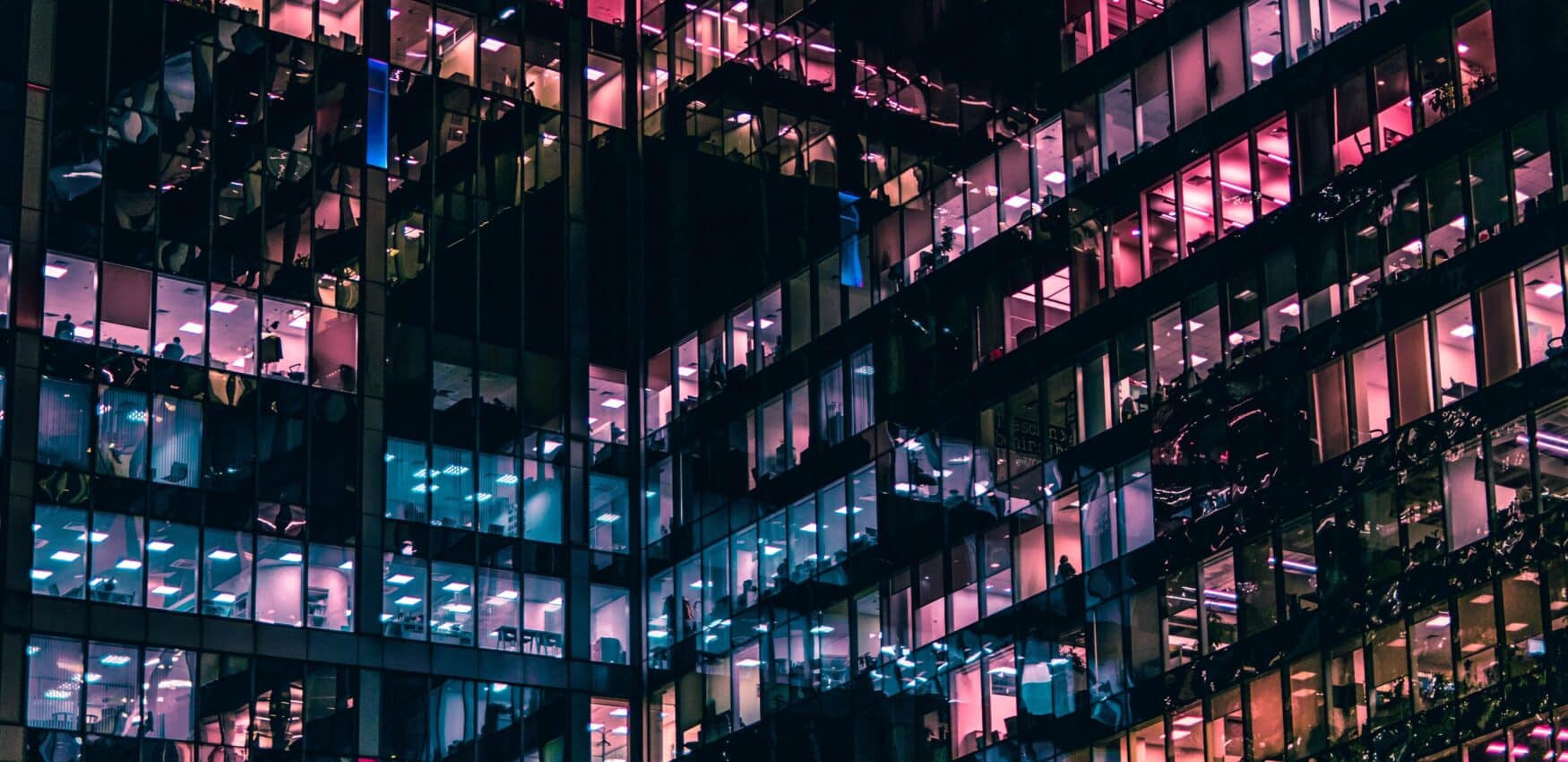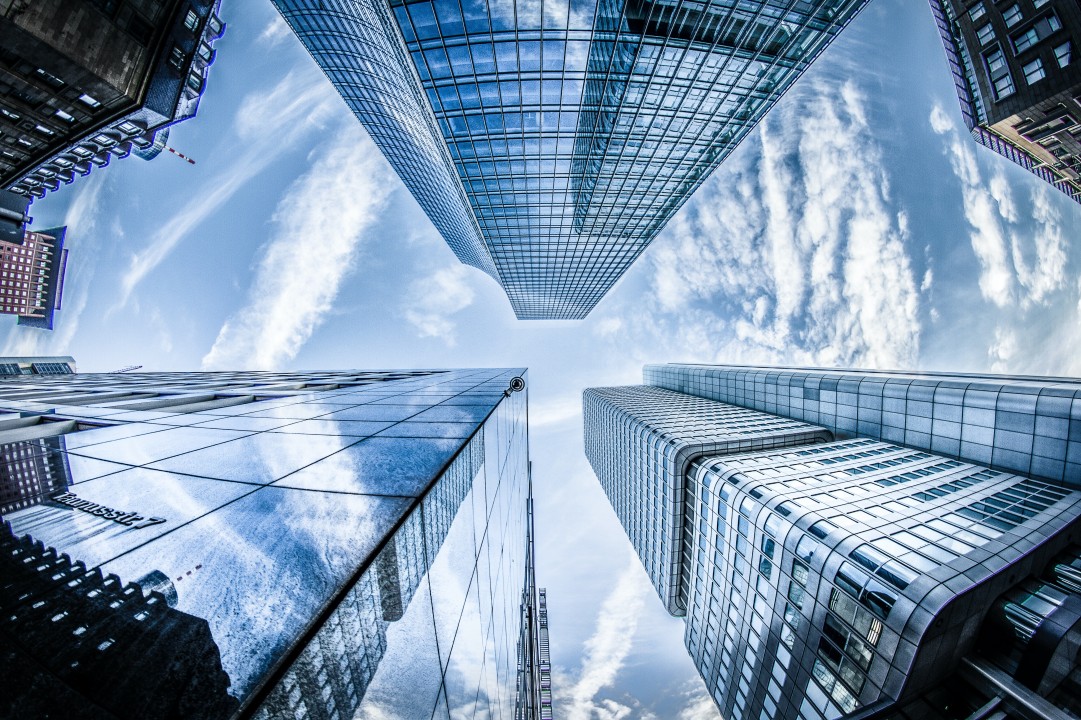

The Future of Work
The shift towards flexibility and inclusivity in the workspace has been in motion for years, and COVID-19 has only served to usher in this new age of hybrid working. The global pandemic has proven that remote working is a viable option for many businesses, and though the practice of working from home was once considered a rarity, it has now become an expectation, as well as an essential part in a business’s value proposition. Whilst many workers have embraced the comforts of working from home, it has not been without its challenges.
For those who are just beginning their corporate journeys, there is far more to learn than mere technical skills – one must learn the values of their organisation, the means of interacting with their colleagues and mentors, and a large variety of soft skills that are not easily translatable over technology. For workers who are ambitious and looking to move up in ranks, it is essential that they are seen and heard by executive team members, but working from home reduces their visibility and may lead to being overlooked for certain positions or opportunities. Aside from the more concrete challenges, there is also a very clear element that telecommuting lacks – the human element. Technology has countless benefits for productivity and efficiency, but collaborating online will never quite be the same as it is in-person.
This is not to say that traditional methods aren’t without their own flaws. In years past it has been the norm for everyone to travel into the CBD at the same time and leave at the same time, which not only has a lasting impact on carbon emissions, but also clearly lacks efficiency.
Segregated office spaces also lack the ability to provide thought leaders within companies an interdisciplinary approach to their work, and reduce the capability for collaboration. Proworking locations, such as Work Club, allow for the cross-pollination of ideas across industries, businesses and disciplines, allowing workers to learn and grow outside of the knowledge that would traditionally be available to them.
Currently we are seeing a shift in CBD asset classes, a movement that seeks to blur the lines between life, work, and play, allowing each location to be utilised to its full potential and driving the efficiency of our central city locations. More and more residential and leisure spaces are opening up around office buildings, creating a whole new atmosphere and a whole new feel for many business districts.
At Work Club, our spaces have never just been offices. Our clubs are designed for real life, curated to spark meaningful connection and inspire innovative ideas. With bars, café’s, restaurants, shops, and event spaces all within reach, our workspaces are designed for the future. Buildings have one of the largest carbon footprints on the planet, which is why it is essential that we utilise them better – not just for eight hours a day, a few days a week.
It is clear to see that the role of the workplace is changing. There is a growing emphasis on the importance of community, culture and human-to-human connection. In the age of social media, it is no wonder that connectivity is at the forefront of workspace changes, and it is through this connectivity that radical innovation is facilitated. When working from home is readily available, it is through the value of community that workers are inspired to return to the office. Simply providing space is no longer enough.
The future of work is ever-evolving, but it is clear now more than ever that organisations are embracing hybrid forms of work with greater flexibility. Work environments have never, and will never, be one-size-fits-all, and in this post-COVID world it seems that organisations are prepared to embrace their differences and adapt their policies to best suit employees and business goals. The future of work is all about balance. A balance between the comforts of home and the community of the office. A balance between technology and the physical environment. A balance between work and life. The shifting work landscape requires adaptivity of both its leaders and its spaces. At Work Club we prioritise culture, collaboration, and connection, holding all three at the very heart of what we offer.
At Work Club, the future of work looks like this; inclusive, flexible, and inspiring workspaces that are thoughtfully designed to connect people in meaningful ways. To find out more about our fully serviced office space solutions to fit your needs contact us today and book a tour to find your ideal space.



